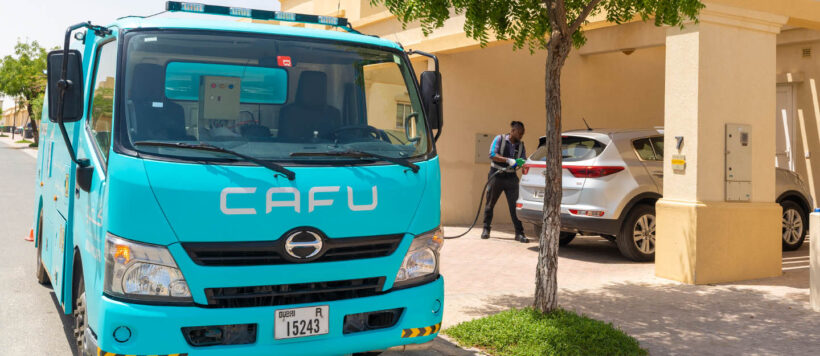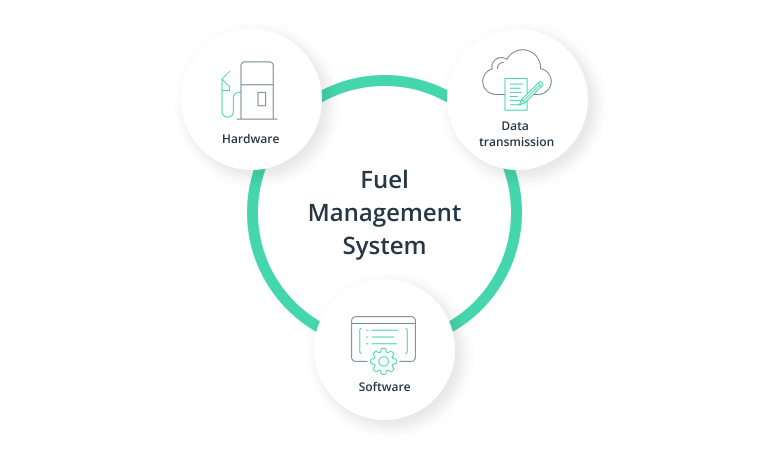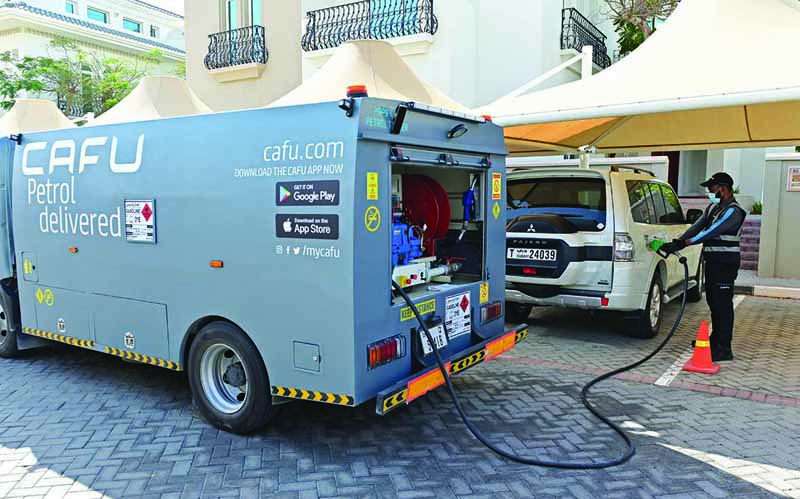Managing a group of vehicles can be overwhelming, especially when it comes to fueling. Managers face various challenges in ensuring that their vehicles are fueled efficiently and cost-effectively. From rising costs to theft, these challenges can have a significant impact on a company’s bottom line.
In this article, we will discuss the typical difficulties in fleet fueling services and offer practical solutions to address them.
Limited Access and Availability

Limited access and availability is a common challenge in vehicle fueling solutions, particularly for companies that operate in remote or rural areas. There may be situations where fuel is not readily accessible due to a surge in travel, like during holiday weekends or when demand is at its peak.
To overcome this challenge, companies can explore alternative options, such as mobile services. These services bring diesel directly to your service vehicles, eliminating the need to travel to a station. Additionally, many mobile fueling providers offer flexible scheduling, which allows you to schedule fueling times around your fleet’s operational needs.
Another option is to establish partnerships with multiple providers to ensure that you have access to petroleum from different sources. This can help mitigate the risk of shortages or supply disruptions. It’s also crucial to monitor your fuel inventory levels to make sure you always have enough gas for your fleet. By monitoring fuel levels closely, you can identify potential shortages early on and take steps to address them before they become a significant problem.
Fuel Theft and Unauthorized Usage

Theft and unauthorized usage are major concerns for managers. The unauthorized usage of gasoline can lead to increased costs, decreased productivity, and even theft. Employees may use company vehicles for personal use or siphon off diesel for their own vehicles. Theft can occur in various ways, such as card misuse or tampering with pumps.
To overcome this challenge, managers should implement a comprehensive management system. A fuel management system involves tracking gas usage, monitoring purchases and transactions, and implementing strict usage policies. This system can include the use of fuel cards with PINs or RFID technology, which restrict purchases to authorized users only.
Some fleet management software can also monitor consumption and flag any unusual activity, such as excessive usage or purchases at unusual times.
Another solution is to install monitoring systems on each vehicle, which can track gasoline usage, levels, and fueling events in real-time. This system can alert managers to any unusual usage or fueling events and help identify potential theft or misuse.
Additionally, training and educating employees on fuel management policies and the consequences of unauthorized usage can help reduce theft and misuse. By implementing these measures, managers can effectively prevent and manage theft and unauthorized usage in their work vehicles.
Quality Control and Contamination
Quality control and contamination can be a major challenge in commercial vehicle fueling. Diesel quality can have a significant impact on engine performance, and contaminated ones can cause engine damage and lead to costly repairs. Contaminated ones can also lead to filter blockages, which can result in engine shutdowns and service disruptions.
To overcome this challenge, it is essential to implement proper quality control measures. This includes regularly testing fuel quality and ensuring that the storage tanks and dispensing equipment are properly maintained and free from contamination.
It’s crucial to get gas from trustworthy suppliers who follow stringent quality control measures. Additionally, fuel additives can be used to improve quality and protect engines from contaminants. By implementing these measures, fleet operators can ensure that their vehicles receive high-quality gasoline, which can help to prevent engine damage and reduce maintenance costs.
Cost Management and Budget Constraints

Cost management and budget constraints are among the most common challenges faced by managers. Fuel costs can vary greatly, which can pose a challenge to maintaining a stable budget. In addition, petroleum is often one of the largest expenses for business vehicles, and managing those expenses can be a daunting task.
To overcome these challenges, managers can implement a variety of strategies. One strategy is to track usage and expenses carefully. By keeping detailed records of purchases, managers can identify areas where they may be able to reduce costs, such as by optimizing routes or eliminating idle time. Implementing efficiency measures, such as regular vehicle maintenance and making use of free preventative maintenance templates. These are valuable for ensuring vehicles are on the road and prevents downtime.
In addition, managers can use technology to their advantage. Fuel management software can help to streamline the process, reduce waste, and track usage more accurately. By analyzing fuel usage data, managers can pinpoint areas where they can reduce costs and better manage their budgets.
Lack of Visibility and Control Over Fuel Usage and Expenses
Finally, another challenge faced by managers is the lack of visibility and control over gas usage and expenses. Without proper monitoring and reporting tools, it can be difficult to track usage and identify any unauthorized or inefficient consumption. This can lead to increased expenses and decreased efficiency in the fleet operation.
To overcome this challenge, managers can implement fuel management software and tracking systems that provide real-time visibility into gas usage and expenses. These tools can help managers monitor diesel consumption patterns, detect any anomalies or inconsistencies, and generate reports that provide insight into usage and expenses.
With this information, managers can identify areas for improvement and implement strategies to reduce consumption and expenses, such as optimizing routes and scheduling maintenance to ensure vehicles are operating at maximum efficiency.
Additionally, implementing cards and setting purchase limits can also help reduce unauthorized usage and expenses. By gaining better visibility and control over fuel usage and expenses, managers can optimize their operations and reduce costs, ultimately improving their bottom line.

